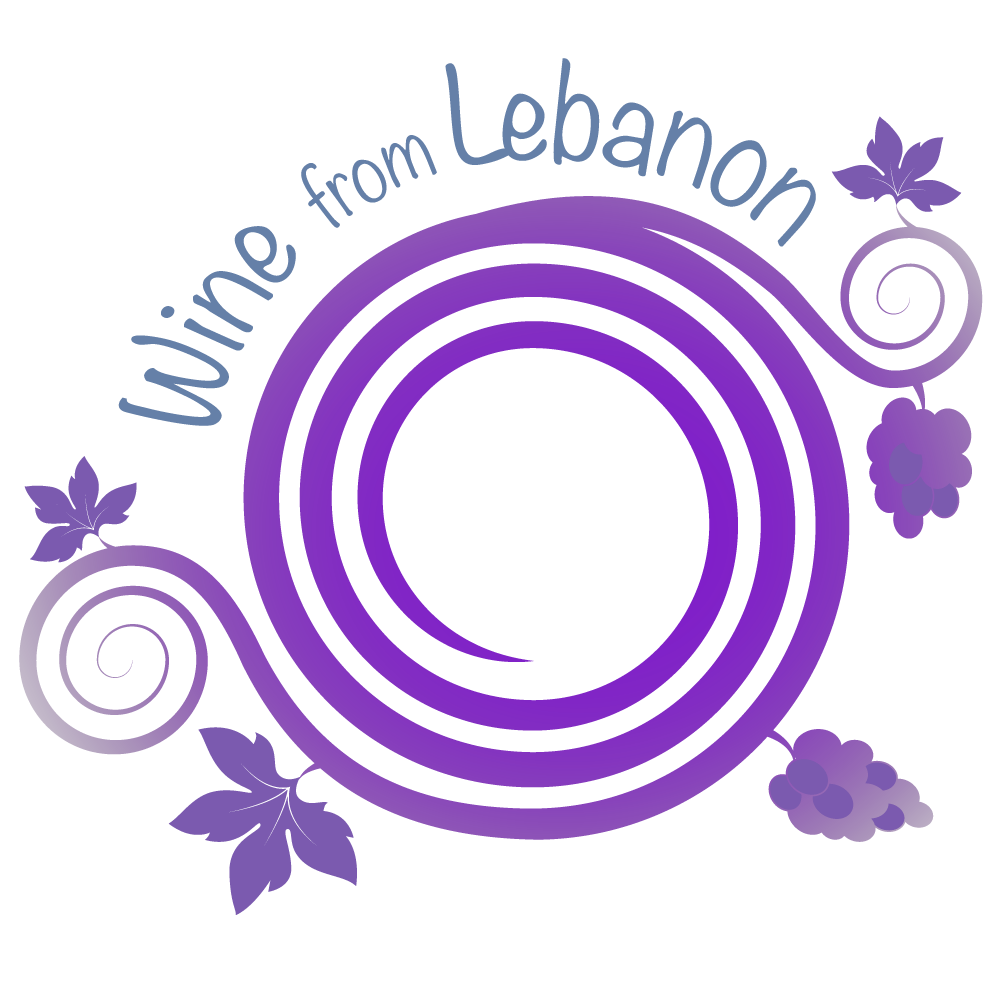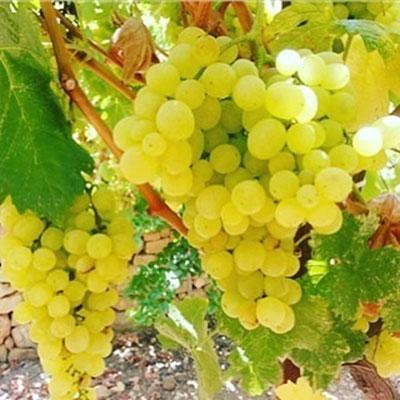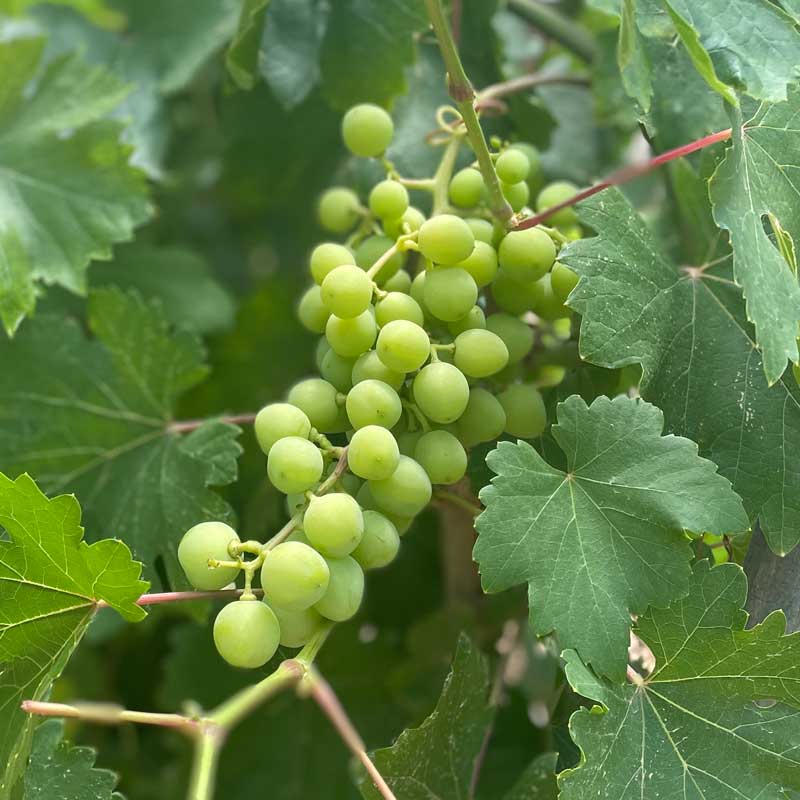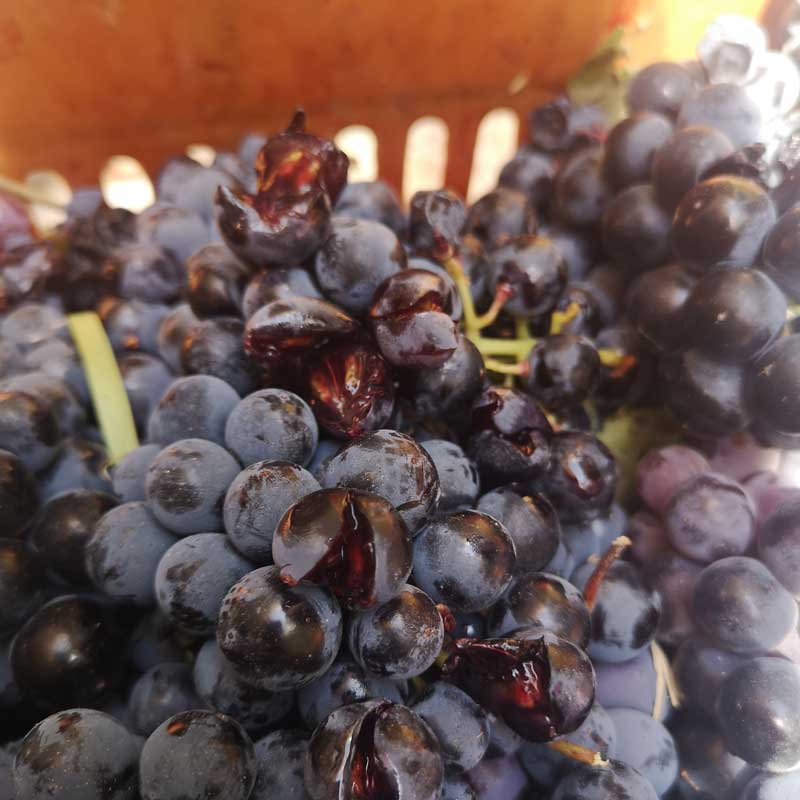The Origin
The country’s dry, sunny climate and landscape is ideal for grape growing. The snow-capped Lebanon and Anti-Lebanon mountains provide protection for the high-elevation vines of the Bekaa Valley, many grown at more than 3,000 feet. Elevation also plays a key role in the rugged hills of the Jezzine wine region in the south. In Batroun, a region north of Beirut, the vineyards are cooled by the Mediterranean Sea.
